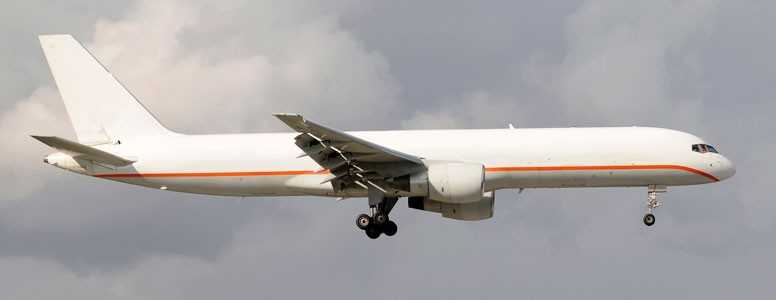A US survey has found that one in 10 people with type 1 diabetes avoid travelling abroad because of worries about their condition.
Over half of 503 people surveyed said they have endured trouble relating to their diabetes when going on holiday abroad.
The survey was a joint effort between researchers from the Sansum Diabetes Research Institute in Santa Barbara, the University of California, San Francisco, and the Diabetes Research Institute of Mills-Peninsula Medical Center in San Mateo.
Each participant filled in a 45-question online survey about their long-distance flying experiences and how their diabetes was affected.
The results showed 71% of respondents had travelled long-distance by plane in the last five years, but nearly one in 10 admitted they had chosen to avoid travelling abroad because of worrying about their diabetes.
Meanwhile, more than 50% said they had struggled to control their blood sugar levels during the first 24 hours after arriving their destination and many reported their main concern of travelling was losing their medication. Twenty-two per cent admitted they had run out of insulin during their holiday.
The authors said: “A better understanding of the fears, difficulties, and needs of patients traveling with type 1 diabetes will allow for the development of individualized and practical resources.”
In spite of these results, it is possible to holiday safely with diabetes, it just requires a bit more organisation than people who do not have the condition.
For those who rely on insulin, a doctor’s letter is required to verify the medication is needed on board, and it is recommended to find out a bit of information about the available insulins in your destination should you require more or your supply is damaged or lost.
Study author David C. Klonoff, MD, said in an interview with Endocrinology Advisor that these findings should help inform clinicians that greater awareness of the benefits of travelling advice could be of great value to the diabetes community.
“Clinicians need more sources of information to convey to their traveling patients with diabetes,” said Dr Klonoff. “A journey begins and ends at homen, but the clinician needs to consider all aspects including the impact of time zones on the timing and dose of insulin and other medications.”
For more information on travelling with medication as well a comprehensive list of travel guides, visit our Diabetes and Travel section.
What's new on the forum? ⭐️
Get our free newsletters
Stay up to date with the latest news, research and breakthroughs.







